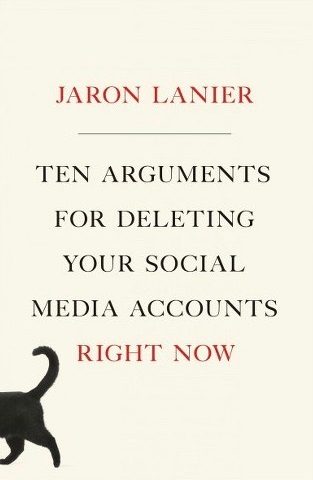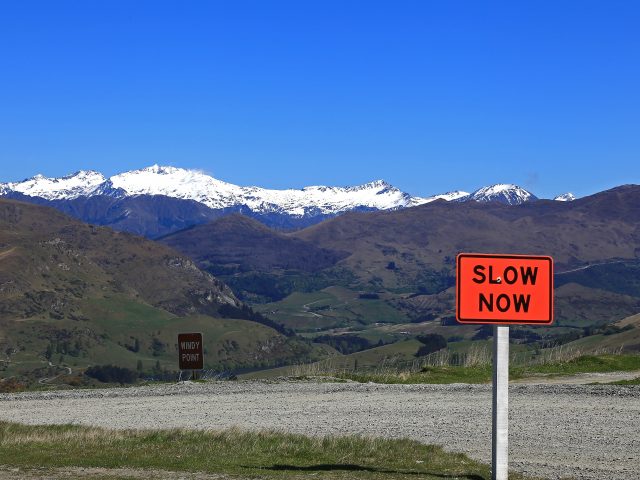A few weeks back a dear friend confronted me about some unhealthy patterns of emotion she saw in me. She is correct. The unhealthy patterns exist, have a long history, and so far have been easier to cover up than actually face and address. That too, is unhealthy, and by God’s grace is undergoing change, though the process will be, I am assured by people who know such things, neither easy nor quick. So be it. One thing is certain: I don’t want to be the sort of person who exhibits such unhealthy patterns.
I’d be more specific but am not comfortable doing that here.
Alas. The brokenness we must own as sons of Adam and daughters of Eve.
In the weeks since our conversation I’ve thought and reflected and prayed a lot about all this. Some things have become clearer and other things seem to need more clarity. The fact that patterns of emotion—of responses that seem so automatic as to be instinctual or reflexive—can remain below my threshold of consciousness is troubling. So much for thinking I was living an examined life.
But then good friends willing to have hard conversations that initiate a period of hard learning, growth, and hopefully healing—this too is a form of examination, and a necessary if painful one. I am after all, finite as well as fallen.
As I’ve wrestled with all this, some ideas about hardship caught my attention:
From repeated research studies, [Russ] Moxley [former senior fellow at the Center for Creative Leadership] became convinced that the most important element of marketplace leadership training concerns how persons learn through hardships. The center’s research summarizes the lessons learned from hardships in four categories: self-knowledge with a clarifying of values, sensitivity and compassion toward others, limits of personal control over circumstances, and flexibility…
Moxley… made another striking observation. He said that hardships are only useful when persons experiencing them have support systems that sustain them emotionally and that encourage them to reflect on the experience. ‘Hardships often evoke powerful and painful emotions, and an inability or unwillingness to face and reflect on this pain prevents learning.’ Vulnerability in safe relationships makes learning possible. [p. 44-47]
That seems so very correct. I do want to be known for those four things: self-knowledge with a clarifying of values, sensitivity and compassion toward others, limits of personal control over circumstances, and flexibility. And I am grateful for the safe relationships that envelop me that will, by grace, make growth possible.
Source: Resilient Ministry: What Pastors Told us about Surviving and Thriving by Bob Burns, Tasha D. Chapman & Donald C. Guthrie (Downers Grove, IL: InterVarsity Press; 2013).
Photo by Ivan Vranić on Unsplash





